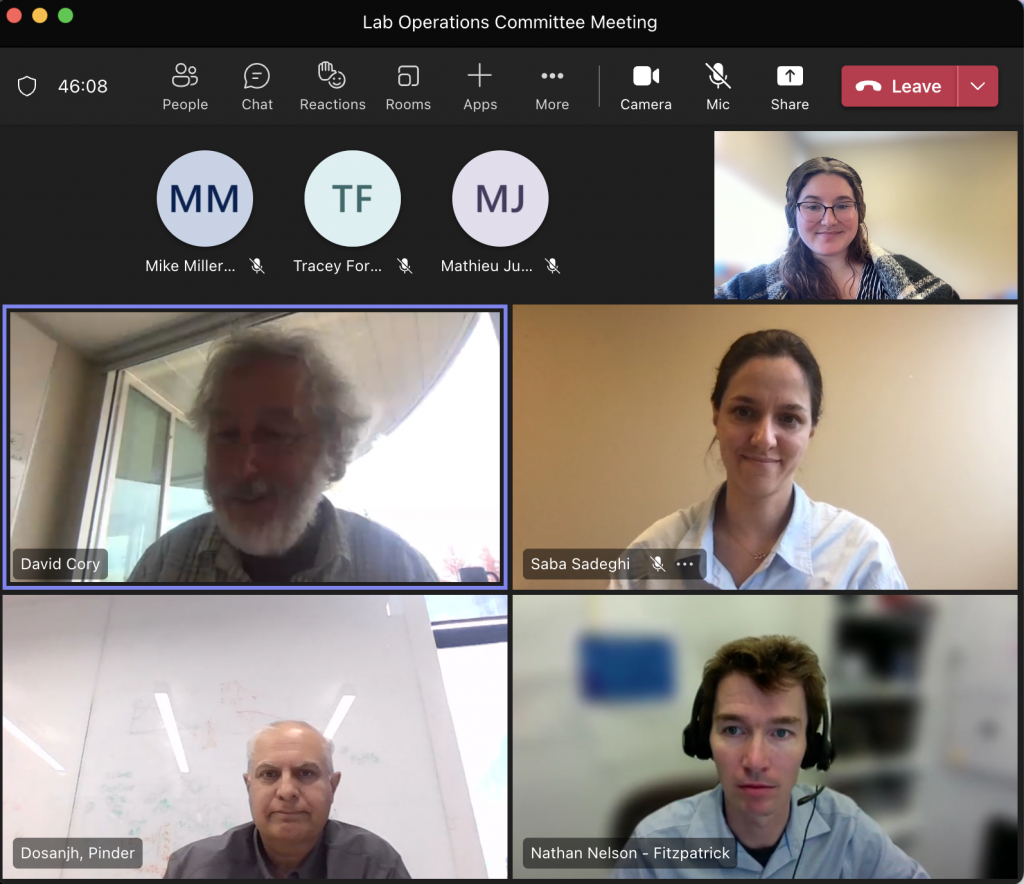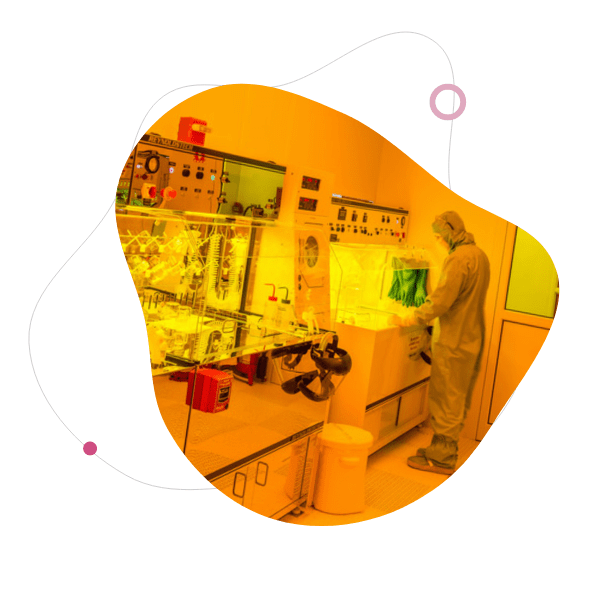Advances in quantum research and development are at the forefront of the next technological revolution, with applications from navigation and the environment to health and medicine. The Quantum Colaboratory (Quantum Colab) represents a collective capability to effortlessly connect the broad community of quantum researchers across Canada to shared quantum research infrastructure and resources. Already, the Quantum Colab is an attractor for quantum research and development. The Quantum Colab facilities and expertise have enabled collaborations between universities and industries to explore ideas such as photonic wire bonding and combining qubits with superconducting chip technology to advance the development of quantum computers.
The new Strategic Plan, “Bringing Quantum Technologies to Life,” will further engage diverse teams of scientists and engineers to position Canada’s quantum technology innovations as some of the most impactful in the world. The strategic plan calls for the following actions that will continue to strengthen connections between the three nodes, support academic, non-profit, and industry users, and develop tools and expertise necessary to advance quantum technology:
- Provide resources to enable quantum technology development
- Open access to these resources for the broad community, including those pursuing applications
- Continue to develop new capabilities in-house and transition these to user facilities
- Train users and serve as an attractor to the quantum industry in Canada
- Ensure the Quantum Colab is sustainable through a diverse portfolio of support

Key capabilities of the Quantum Colab include both standard and highly specialized quantum tools that are offered as shared resources for all users. These tools provide a unique strength and a competitive advantage for the Quantum Colab over conventional resources. The Quantum Colab is also developing and bringing on-line new capabilities to help discover and characterize new quantum materials. These upgrades include two new state-of-the-art multi-user electron microscopy facilities, a nanospectroscopy laboratory for polaritonic materials discovery, and a design, fabrication, and testing of quantum electronic devices and qubits laboratory. As part of its strategy, the Quantum Colab will continue to target tool additions and developments and invest in facilities that link quantum technology to applications.
The governance and management of the Quantum Colab have also been expanded to represent the Quantum Colab’s stakeholder community and further the Quantum Colab’s mission with the highest standard of fiduciary care. Building on the senior leadership from the three participating institutions, the Quantum Colab is excited to introduce the following new independent board members:
- Andrew Stephens, Board Director at Genome Canada
- David Dean, Deputy Director of Science at the Thomas Jefferson National Acceleration Facility
- Brittanee Laverdure, Regional Vice President of Indigenous Wealth at the Royal Bank of Canada
- Archana Kamal, Assistant Professor of Physics at the University of Massachusetts Lowell
An International Scientific Advisory Committee (ISAC) has also been introduced to strengthen the capacity of the Quantum Colab to achieve global impact. This committee reviews the Quantum Colab’s scientific plans and strategy, advises on operations and helps set priorities. Members of the ISAC were selected for excellence in their field, knowledge of quantum technologies, and substantial experience using and operating shared resources. Similarly, the National Scientific Advisory Committee (NSAC) enhances the Quantum Colab’s capacity to connect with prospective partners and users across Canada and achieve economic and societal benefit for Canadians.

The existing management is already overseeing the data-to-day operations of the Quantum Colab. To ensure coordinated operations between the nodes, the Lab Operations committee meets monthly to streamline the flow of processes and migrate work between the three nodes. The committee’s priorities include sharing best practices, standardizing processes and policies, and encouraging collaborations between staff, which is enhanced by visits between nodes. The committee will continue to work towards accessibility and enhanced user benefits through effective communication and engagement with all users of the Quantum Colab.
Quantum technologies enable discoveries in all areas of science and engineering and form the foundation for many new commercial enterprises. The Quantum Colab provides a unique research and development environment to bring quantum technologies to life. The advancements in the strategic plan and management structure provide the necessary foundation for the Quantum Colab to effectively operate and scale its open-access facility offering, which includes a complete toolset for quantum technology development. Investing in quantum technologies is a national priority, and the Quantum Colab serves to strengthen Canada’s position as a global leader in the field.
